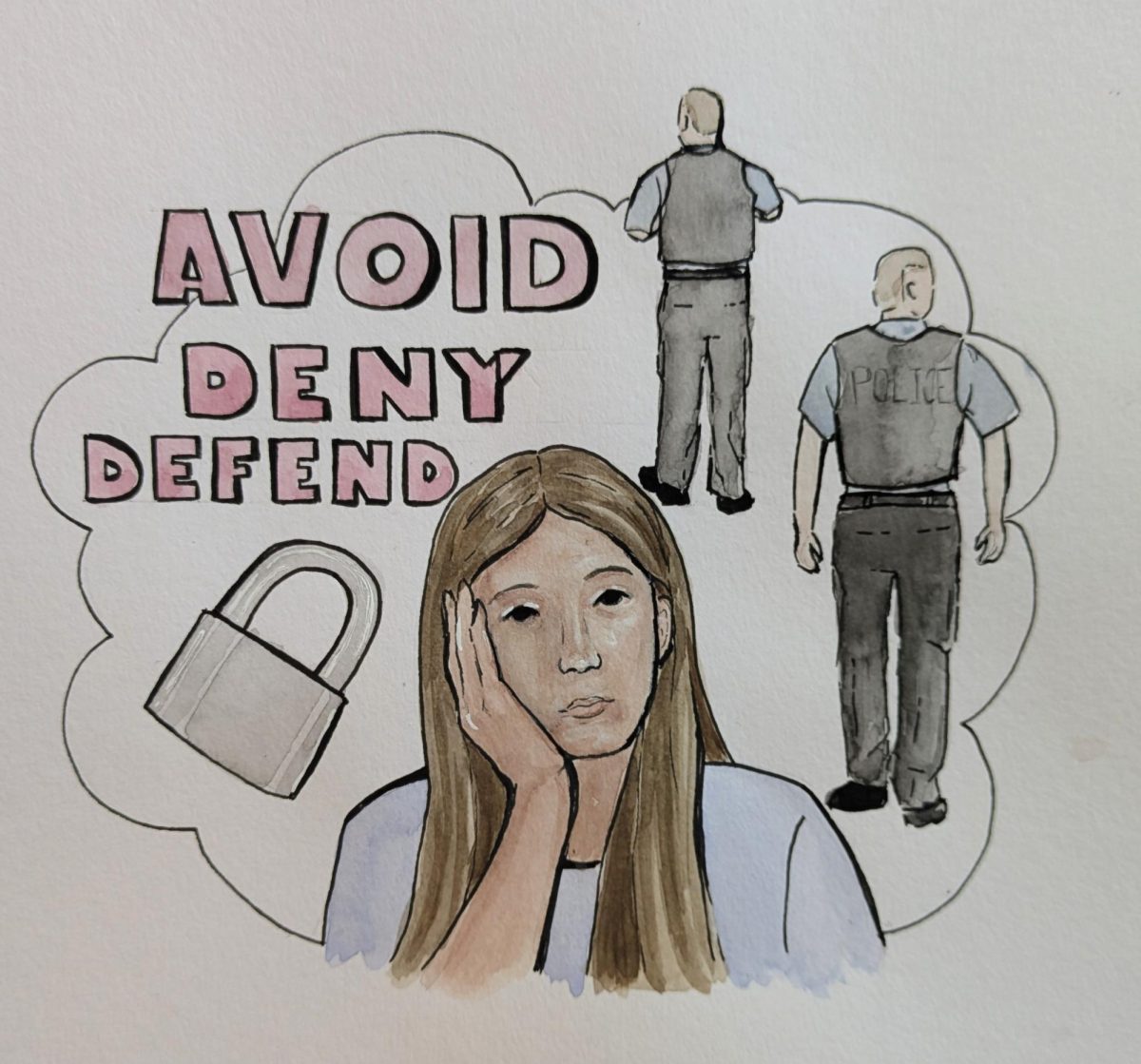When you think of homeroom, what do you think of? For most students outside Emmaus it might be the first 10 minutes of the school day where attendance is taken and announcements are read.
At Emmaus High School, Hornet Homeroom differs from the standard homeroom style. It takes place between the second and third block, giving students a break and allowing time for them to meet with teachers and receive academic help.
However, there’s a twist to the school’s beloved Hornet Homeroom. Every Thursday students are required to attend their assigned homerooms and participate in what is called Hornet Huddle. When homeroom was introduced during the 2022-23 school year, Hornet Huddle was a way for students to get to know each other through generic icebreakers and get-to-know-one-another activities.
This continued throughout the 2023-24 school year, until it changed for the 2024-25 school year. Currently the Hornet Huddle activities are designed to work with the Social Emotional Learning (SEL) initiative. The activities have students focus on how they can grow as an individual, and are intended to help students feel more in control of their lives, and mindset.
The concept of icebreaker and SEL activities is good on paper, but when they are actually in use, I dread their occurrence every Thursday. I remember during my freshman year we had an advisory period, built into our third block class along with a time Thursday mornings to meet with teachers and get extra help.
Advisory gave students time to be productive and complete their career readiness artifacts, Naviance profiles, and other housekeeping items required by the school.
An advisory period where students are given time to work on their school-mandated assignments to better their futures needs to be brought back to EHS. The current setup is unnatural and forced. It’s hard to get to know someone on a deeper level when you can hardly remember their name.
Currently, Hornet Huddle forces students to look into themselves, which isn’t bad, except the students are then strongly encouraged to share their goals, weaknesses, and strengths with people they hardly know.
It’s uncomfortable, and the time could be better spent on teaching students skills that will help them throughout the remainder of their school careers.
Having experienced three different homeroom-style periods, I have to say the advisory period my freshmen year was the best. I felt the most productive and sometimes looked forward to it because it meant I would get answers to some of my questions.
Sure, I have friends in my homeroom, but I knew them from other classes first. If the school wants students to make stronger connections amongst each other and feel more welcomed in the school, it should happen naturally — let students initiate their own connections.
Forcing deep, serious conversations is uncomfortable, and I often find myself not willing to fully participate because of the topic of discussion in the activities. I feel a better use of our Hornet Huddle time would be college application workshops, resume writing, and note-taking skills that students may tend to struggle with more than making connections.
Friendships happen organically; forcing students to open up about more serious topics won’t help them form more friendships. What students need now is to feel prepared to handle their lives once they are out of school.
Social and emotional maturity can develop over time. Organization, time management, and other skills should be taught when students can instantly apply it to real life.






